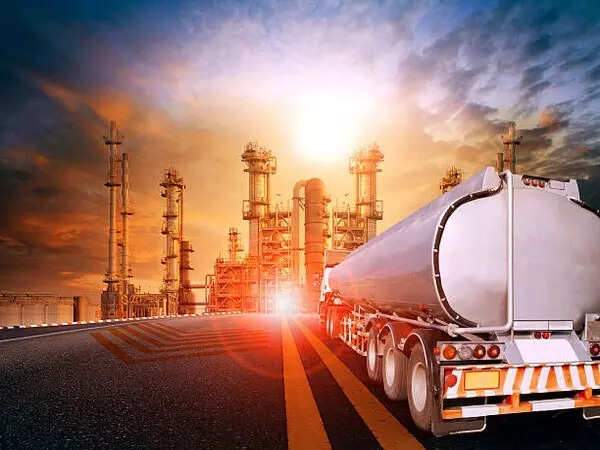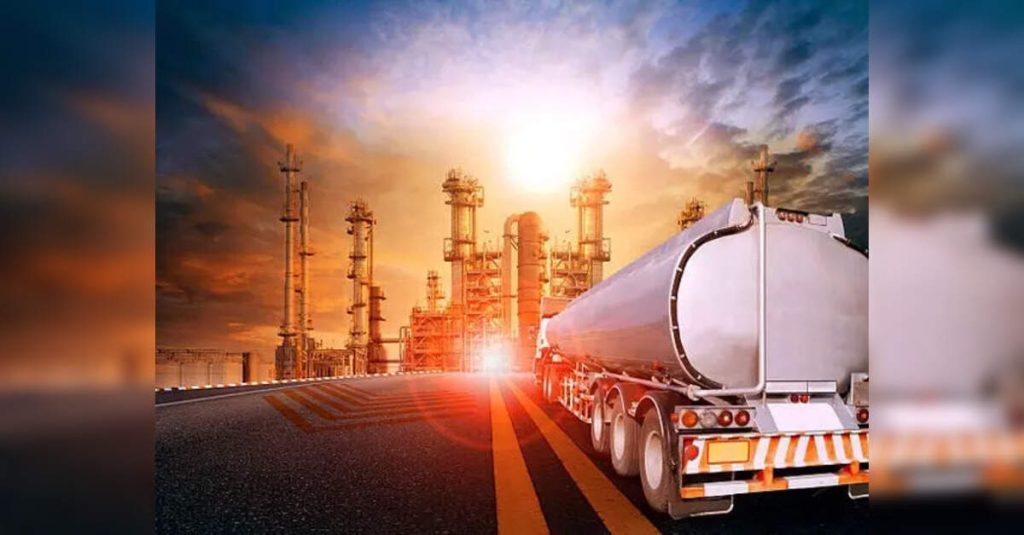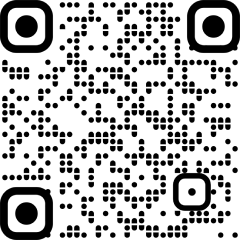
New Delhi: The government has blocked, suspended or deactivated 4.08 crore duplicate, fake, non-existent and inactive LPG connections as of July 1, 2025 under the PAHAL (DBTL) scheme, Minister of Petroleum and Natural Gas Hardeep Singh Puri informed the Rajya Sabha on Tuesday.
In a written reply to a Starred Question, Puri said the government continues to take measures on an ongoing basis to ensure that LPG distribution and subsidy transfers for domestic LPG consumers remain efficient, transparent and inclusive.
He said that through the Direct Benefit Transfer of LPG (DBTL) – PAHAL scheme, all domestic LPG cylinders are sold at non-subsidised prices while the applicable subsidy is transferred directly to consumers’ bank accounts. The scheme, implemented nationwide since January 2015, has also helped in identifying and blocking ghost accounts, multiple accounts and inactive connections, curbing diversion for commercial use.
Further, the government has introduced a Common LPG Database Platform (CLDP) through which duplicate connections are removed using Aadhaar number, bank account details, ration card number, name and address as key parameters.
Puri said Aadhaar-based biometric authentication has been completed for 67 per cent of existing PMUY beneficiaries, and all new PMUY consumers undergo biometric authentication before release of connections.
He said 8.49 lakh PMUY connections have been terminated as part of comprehensive de-duplication, and under a Standard Operating Procedure issued in January 2025, around 12,000 inactive PMUY connections were terminated due to non-refill after initial installation.
The Minister also said 92.44 per cent of active LPG consumers out of a total 33.05 crore have their Aadhaar seeded with Oil Marketing Companies’ (OMCs) database, and 86.78 per cent of the total 30.63 crore DBTL consumers are Aadhaar Transfer Compliant.
To reduce transaction failures in subsidy transfers, focused efforts have been made to enhance Aadhaar compliance, he said. Causes of failure include deseeding of Aadhaar from bank accounts, bank mergers, inactive Aadhaar numbers, and account closures or transfers.
In terms of delivery tracking, the IVRS/SMS refill booking system has been implemented across all LPG distributorships. Consumers receive SMS alerts during refill booking, cash memo generation and delivery. A Delivery Authentication Code (DAC) is also sent via SMS and is required to be shared with delivery personnel.
Puri said Oil Marketing Companies conduct both regular and surprise inspections of LPG distributors, godowns, showrooms and delivery points. Inspections are carried out by officials from regional, zonal, divisional and territorial offices as well as anti-adulteration and vigilance departments.
He said that during the year 2024-25, around 194 crore LPG refills were delivered to consumers, with complaints registered for only 0.08 per cent of them — mainly related to subsidy transfer or delivery delays.
On the regulatory front, the Minister informed that the LPG distribution is governed under the “Liquefied Petroleum Gas (Regulation of Supply and Distribution) Order, 2000” and OMCs have also put in place “Marketing Discipline Guidelines”, under which penal action is taken for malpractice.
Puri said a third-party evaluation conducted by the Research and Development Initiative (RDI) found over 90 per cent of respondents satisfied with the subsidy reimbursement mechanism. The report recommended strengthening grievance redressal systems and improving targeting of subsidies to economically weaker sections.
The grievance redressal system has been gradually expanded, he said, and consumers can now raise complaints through multiple channels including toll-free helplines (1800 2333 555 and 1906), OMC websites and apps, CPGRAMS, chatbots, WhatsApp and social media platforms.


